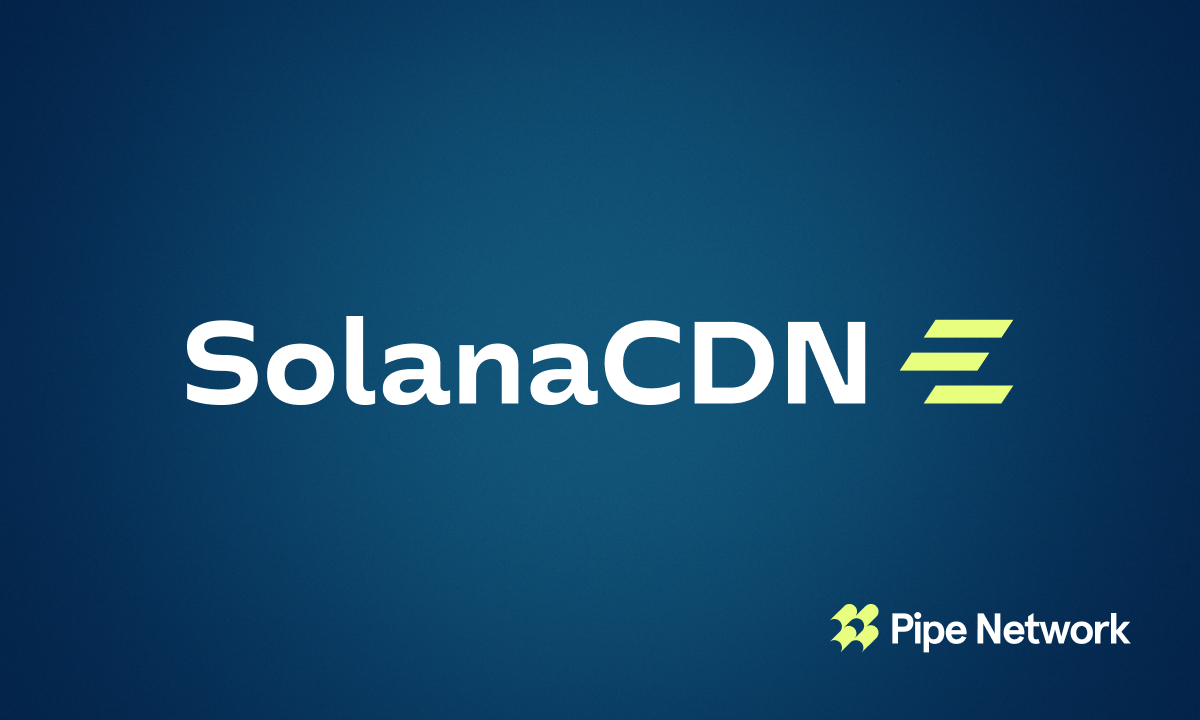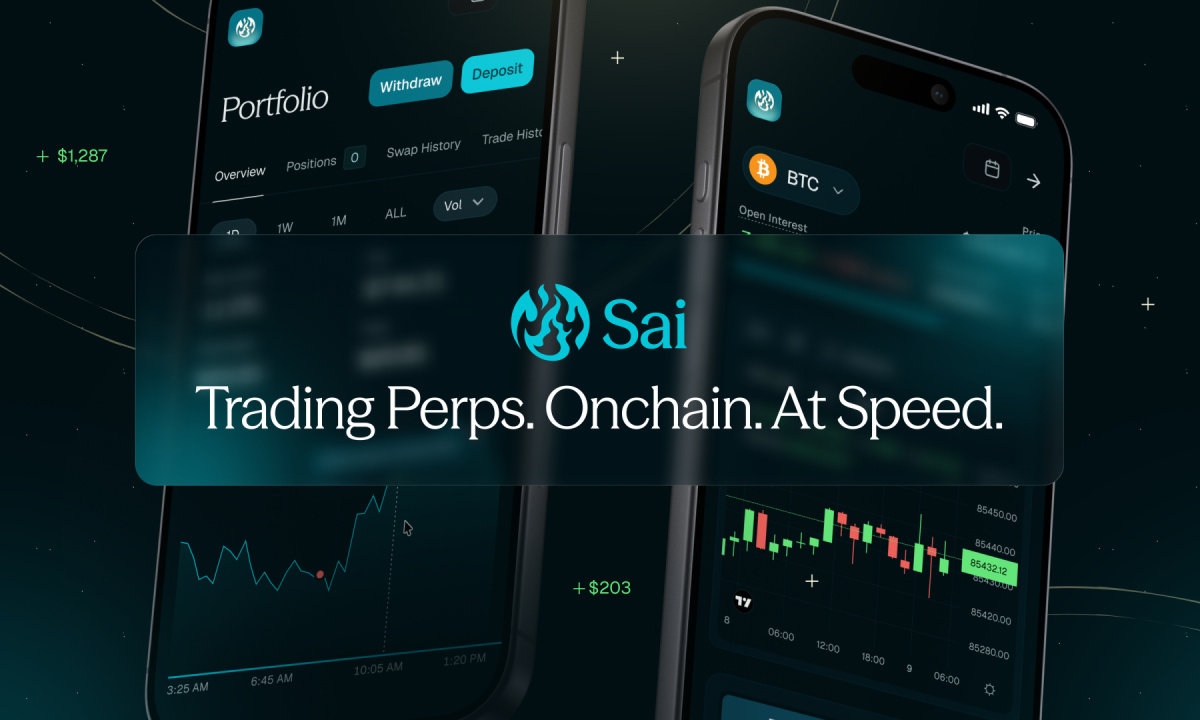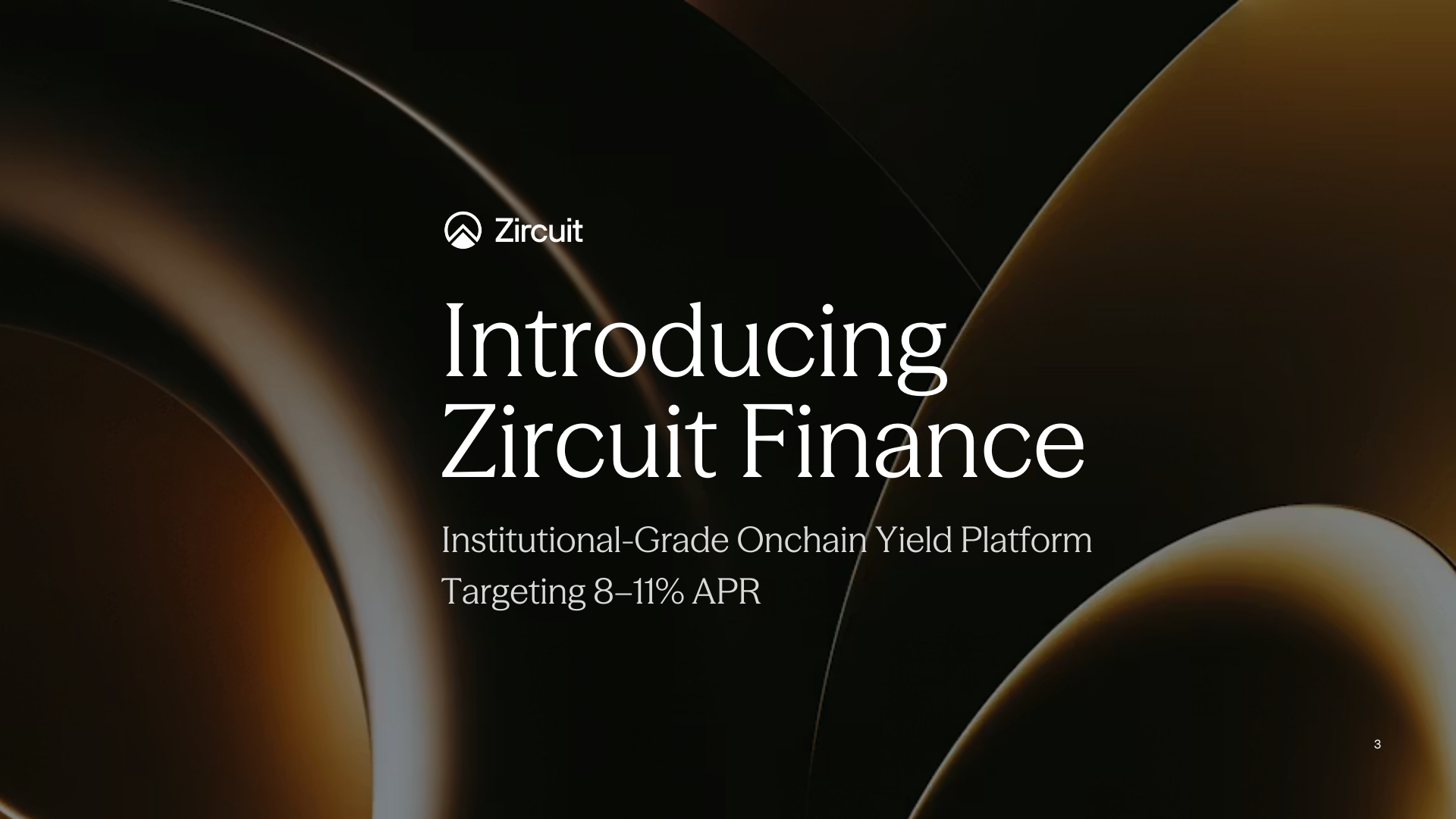Key Insights
- AI has shaken 2023 to its core and has become one of the fastest-growing tech niches
- CEOs are starting to take sides about the potential of AI to “enslave humanity”
- Some pro-AI CEOs include Sundar Pichai of Google and Satya Nadella of Microsoft
- Others like Sam Altman and Elon Musk believe that AI should be regulated before it becomes a “threat to humanityâ€
Artificial intelligence (AI) is one of the most powerful and useful technologies of our time. By now, almost everyone has heard about the “crazy” things that new AI tools like ChatGPT and Midjourney (among others) can do.
Students are using these tools as personal study guides, professionals are using them as productivity boosts, and almost everyone, in one way or another, has either used or come into contact with one of these tools.
As a side note, you should check out some of the hyperrealistic pictures of the pope doing things like playing basketball and riding bicycles that midjourney generated.

Obviously, neither of these images is real (still, look at how real they seem). The idea is to show how powerful this new technology has become, and how its accuracy seems to be improving every single day.
AI has the potential to improve many aspects of human life, from health care to education to entertainment. At the same time, this new technology also poses some serious risks and challenges, especially if it becomes more intelligent than its creators humans.
If you haven’t seen movies like The Terminator, The Matrix and I-Robot, you probably should.
In a recent interview with The Wall Street Journal, Elon Musk expressed some of his fears that advanced AI could “eliminate or constrain humanity’s growth†by taking away all our weapons.
In this article, we dive into the topic and try to decide whether Musk (and several others) may have a point, or whether these “AI Antagonists” have simply watched too many movies.
Musk Says AI Could Disarm Humanity For World Peace
In the interview, Musk mentioned that a possible way to achieve world peace is to take away all the weapons from humans so they can no longer use them.
No weapons, no war… Hence, peace.
However, the Tesla boss added that AI may realize this and go ahead with it without human consent or knowledge. He said that AI could decide that humans are too “violent and irrationalâ€, and that the best way to protect them (us) is to disarm and put them (us) under strict control.
This, according to Musk, may effectively make AI some sort of “uber-nanny.”
Musk has been warning about the existential threat of AI for years and has called for more regulation and oversight of its development and deployment.
According to him, “There is a risk that advanced AI either eliminates or limits humanity’s growth.”
Super-intelligence, he continued, is a “double-edged sword.”
Despite making investments in the development of AI within his own firms, Musk has always been skeptical of this form of technology.
He signed an open letter in March that demanded a six-month moratorium on further development of AI technology. The letter listed possible dangers to people and society, such as the circulation of false information and the loss of jobs on a massive scale.
During the interview, Musk claimed that while Tesla used AI “tremendously,” he does not use it much in his day-to-day activities.
Keep in mind that Musk was also a co-founder of OpenAI (one of the most popular AI companies in the world today).
However, he left OpenAI after a power struggle with other co-founders and board members over the direction and vision of the organization.
Other Views: AI Could Be a Positive Or a Negative Force
Musk is not alone in his concerns about AI.
Many other CEOs and leaders have also come forward and expressed their views on the subject.
For example, Sam Altman, the CEO of OpenAI (Creators of ChatGPT) appears to share Musk’s concerns.
He said that AI could be “the most important technology ever created†but also “the most dangerousâ€. Altman said that OpenAI’s mission is to ensure that AI is aligned with human values and can be fully controlled by humans.
On the other end of the spectrum are CEOs who are more optimistic about the roles of AI in human society.
Sundar Pichai, the CEO of Google, for example, has been more positive about AI. He believes that AI is one of the most profound things we’re working on as humanity and that it could be “a positive forceâ€.
Pichai has repeatedly mentioned that Google is committed to developing AI responsibly and ethically and that it follows a set of principles and best practices.
Another CEO who is more positive in their opinions of AI is Satya Nadella, the CEO of Microsoft.
Nadella has also been positive about AI, even mentioning that said that AI may be “the defining technology of our timeâ€.
Nadella has said that AI could empower people and organizations to achieve more. And just like Google, Nadella says that Microsoft is working on creating a “trustworthy†AI that respects privacy, security, fairness, inclusiveness, transparency and accountability.
Still…
Is a robot apocalypse too far-fetched?
Will AI suddenly become conscious and choose to end us all?
The answer to this is terrifying, regardless of how you choose to look at it. For example, if AI were to choose to end humanity, there simply isn’t much we can do about it.
Our communication systems, weapons, banking systems, supply lines and even international relations rely heavily on software and are therefore accessible by AI.
An AI apocalypse might even be happening at this very moment, and we wouldn’t know it until it becomes too late.
Some people may think that the idea of a robot apocalypse or a superintelligent AI taking over the world is too far-fetched or unrealistic.
Well, that’s what they say as well in the movies before AI completely takes over.
It is easy to argue that AI is still far from reaching human-level intelligence or consciousness, or that humans will always have some control or influence over AI.
But for how long?
At this rate of development, will AI get smart enough to become self-conscious, or is an AI apocalypse indeed far-fetched?
Disclaimer: Voice of Crypto aims to deliver accurate and up-to-date information, but it will not be responsible for any missing facts or inaccurate information. Cryptocurrencies are highly volatile financial assets, so research and make your own financial decisions.









